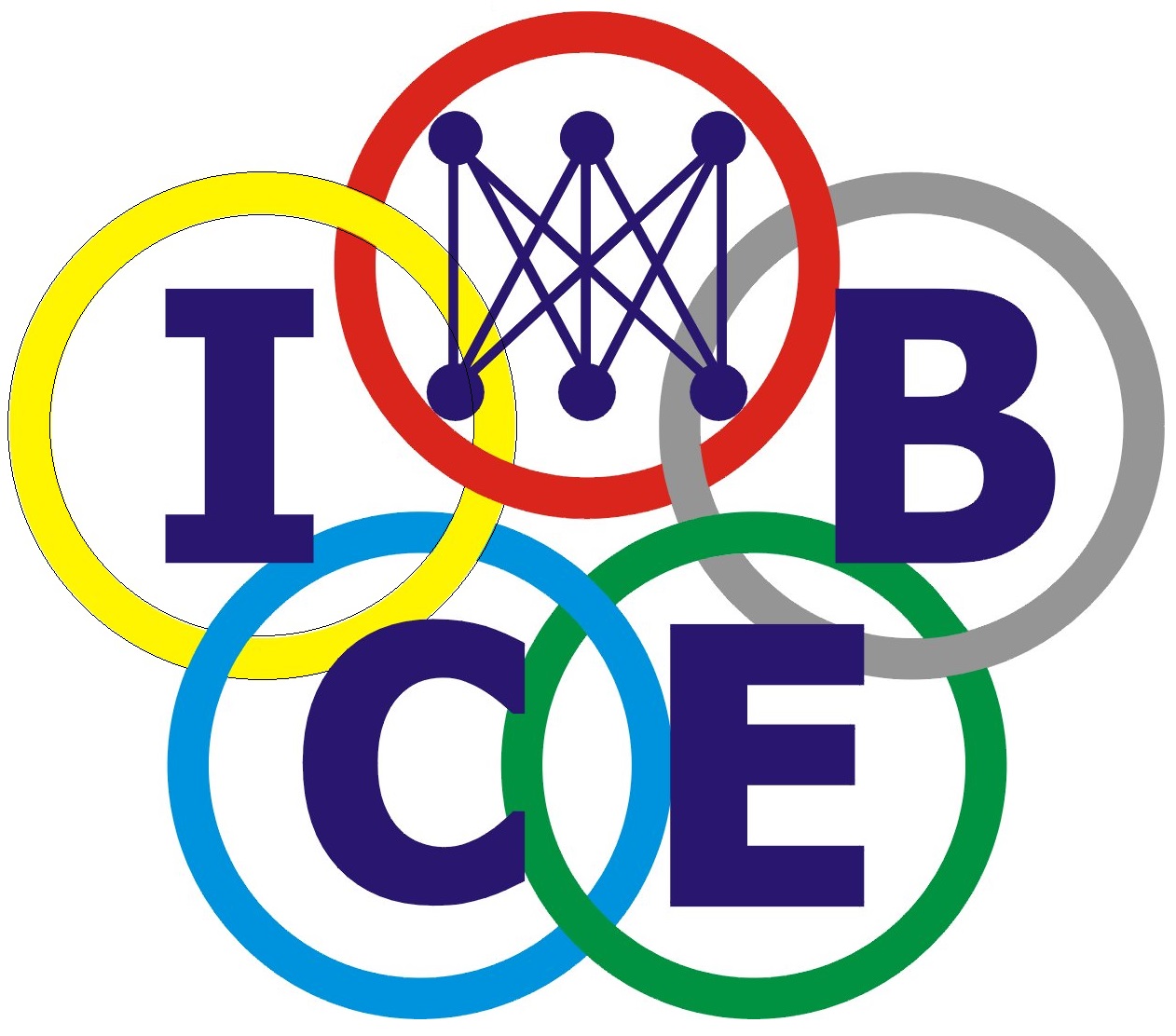Document Type
Article
Abstract
Recent developments in the quality of e-learning tools now made it a possible to integrate such technology into teaching programs to provide added value to the learning experience. This paper describes the experiences of Victoria University in adopting e-learning technologies to complement the teaching of SAP’s ABAP programming language to students in Singapore. Computer programming still remains an important part of most Information Systems courses. The involvement of SAP relates to Victoria University integrating Enterprise Resource Planning (ERP) systems into their curricula and research programs through a strategic alliance with SAP. The SAP technical infrastructure facilitates the development of courses using Internet and e-learning technology.
To assist with the delivery of offshore ERP education an ERP e-Learning model has been developed that integrates synchronous and asynchronous content. Asynchronous e-learning does not involve the presence of a teacher. Typically the learning content is located on a web server that students can access using the Internet. Synchronous e-learning requires the learner and teacher to be present in the event at the same time. It is a real-time, instructor-led online learning event in which all participants are available at the same time and can communicate directly with each other. Recently a pilot was conducted using a synchronous e-learning tool to deliver several programming classes to students in Singapore. A successful evaluation of the pilot was conducted and it is planned to integrate web technology and synchronous e-learning sessions in a more permanent way to offshore courses.
Recommended Citation
McCarthy, Brendan, "Applying E-learning Technologies to Teach Computer Programming: A Case Study" (2007). ICEB 2007 Proceedings (Taipei, Taiwan). 72.
https://aisel.aisnet.org/iceb2007/72


